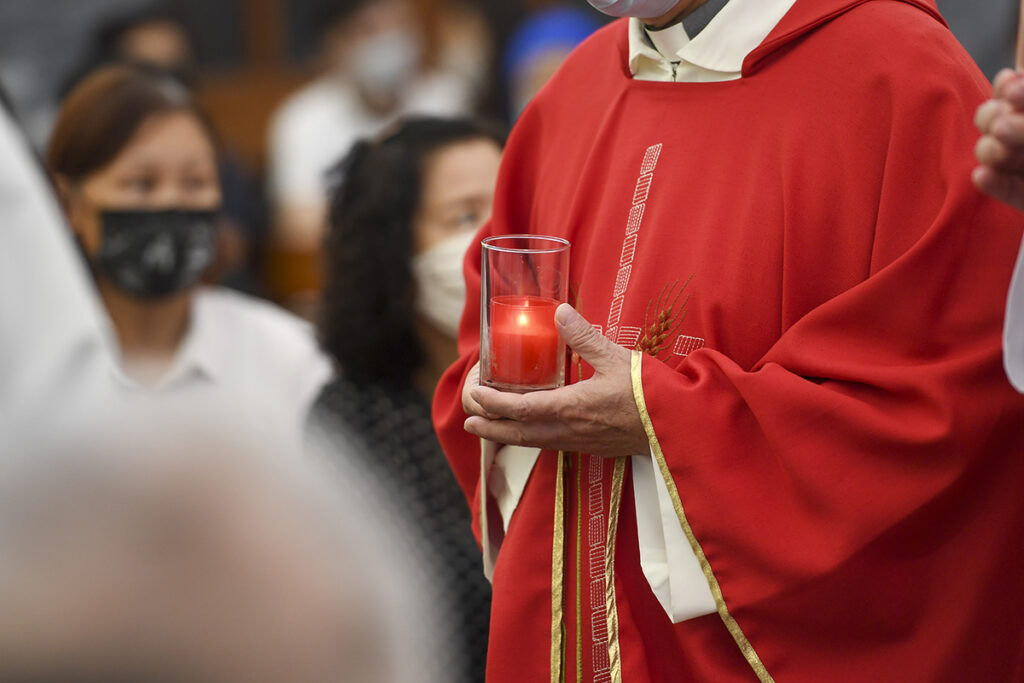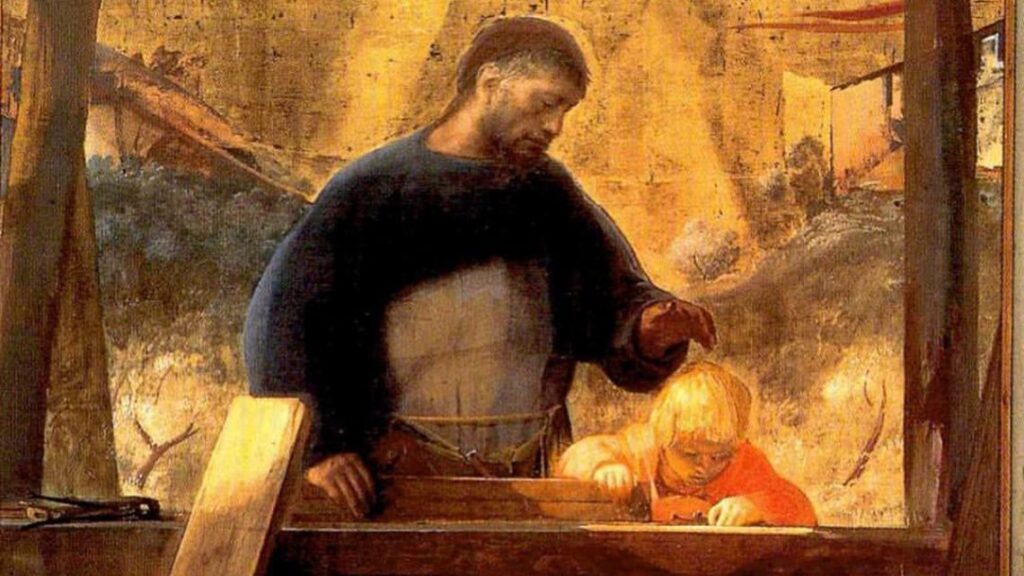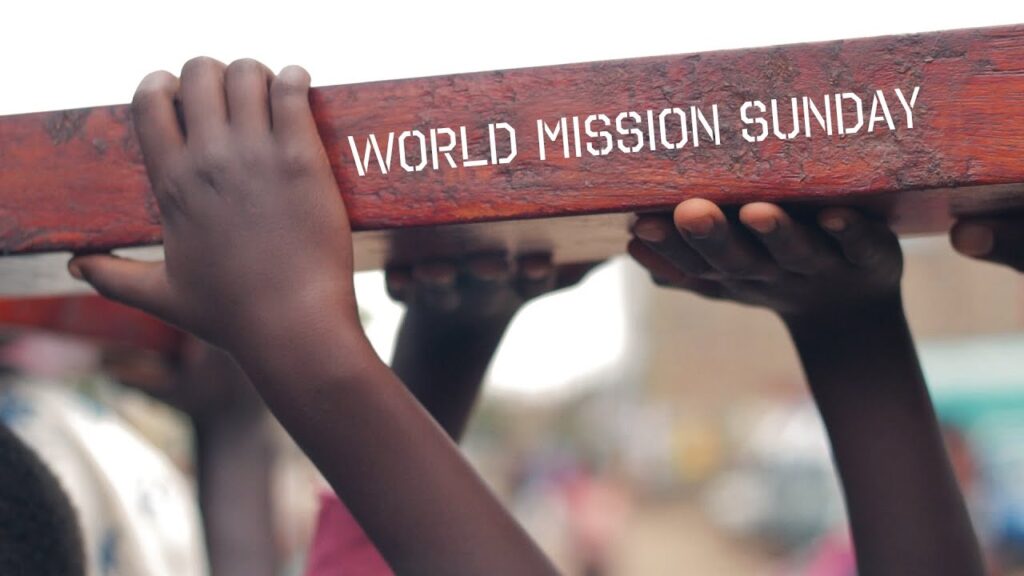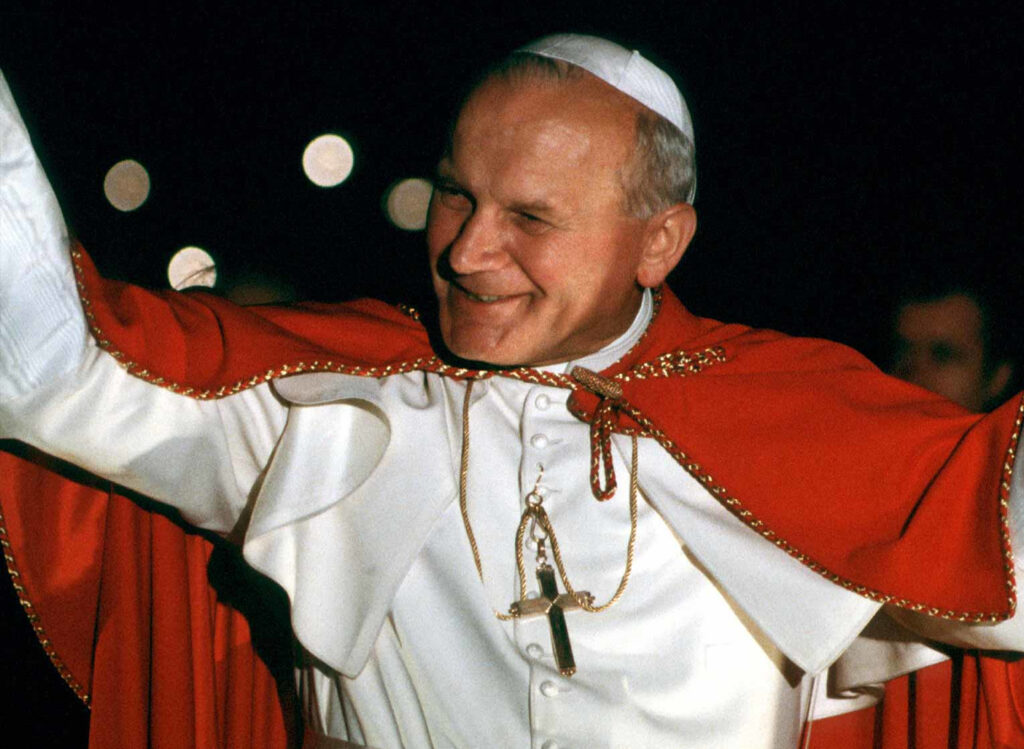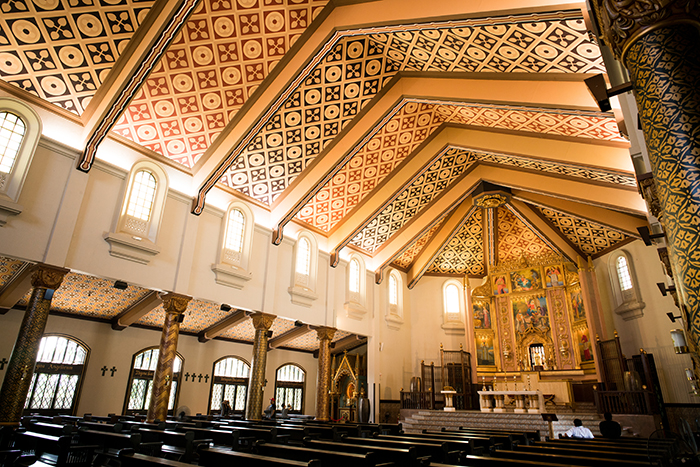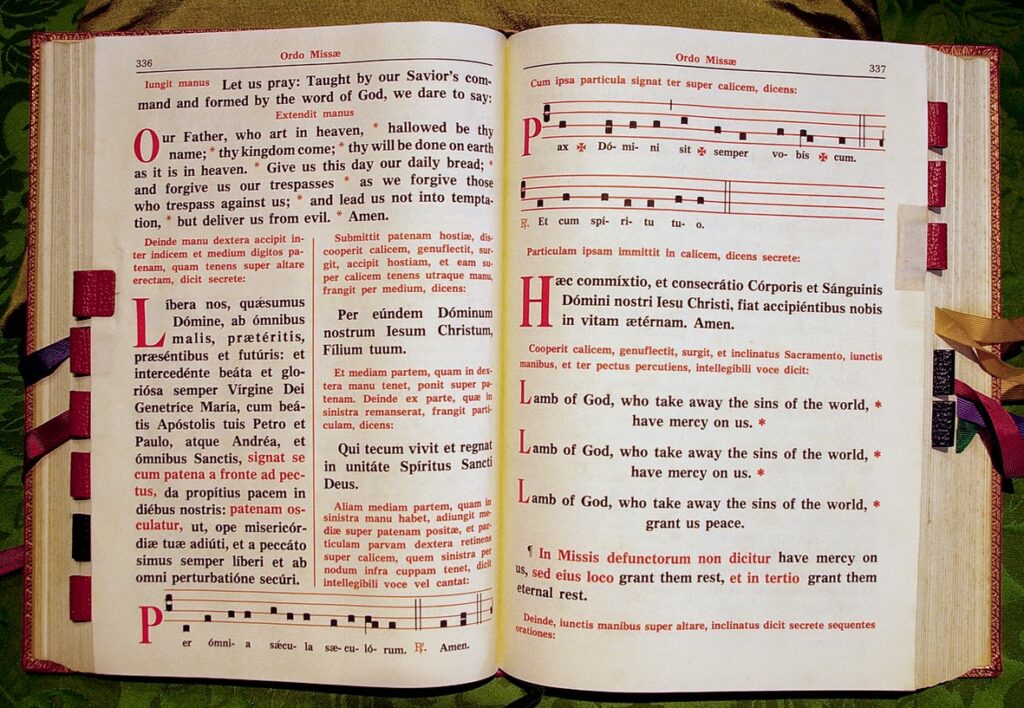The historical-critical method applied with the intent of demolition on Scripture has practically made a clean sweep of all traditional exegesis, from Genesis to the Synoptics to the Gospel of John. Nothing is left standing, it would be enough for you to read The fabricated Paul by Hermann Detering to understand how nothing remains of Saint Paul, not even the name. Applying certain intent this method makes you basically to be a denier of everything written in the Bible. If something is applied to destroy, in the end nothing remains, and this method was applied not only to the Bible, but to traditions, to hagiography, a little everything was macerated under a very specific strategy of demolition.


 Follow
Follow
